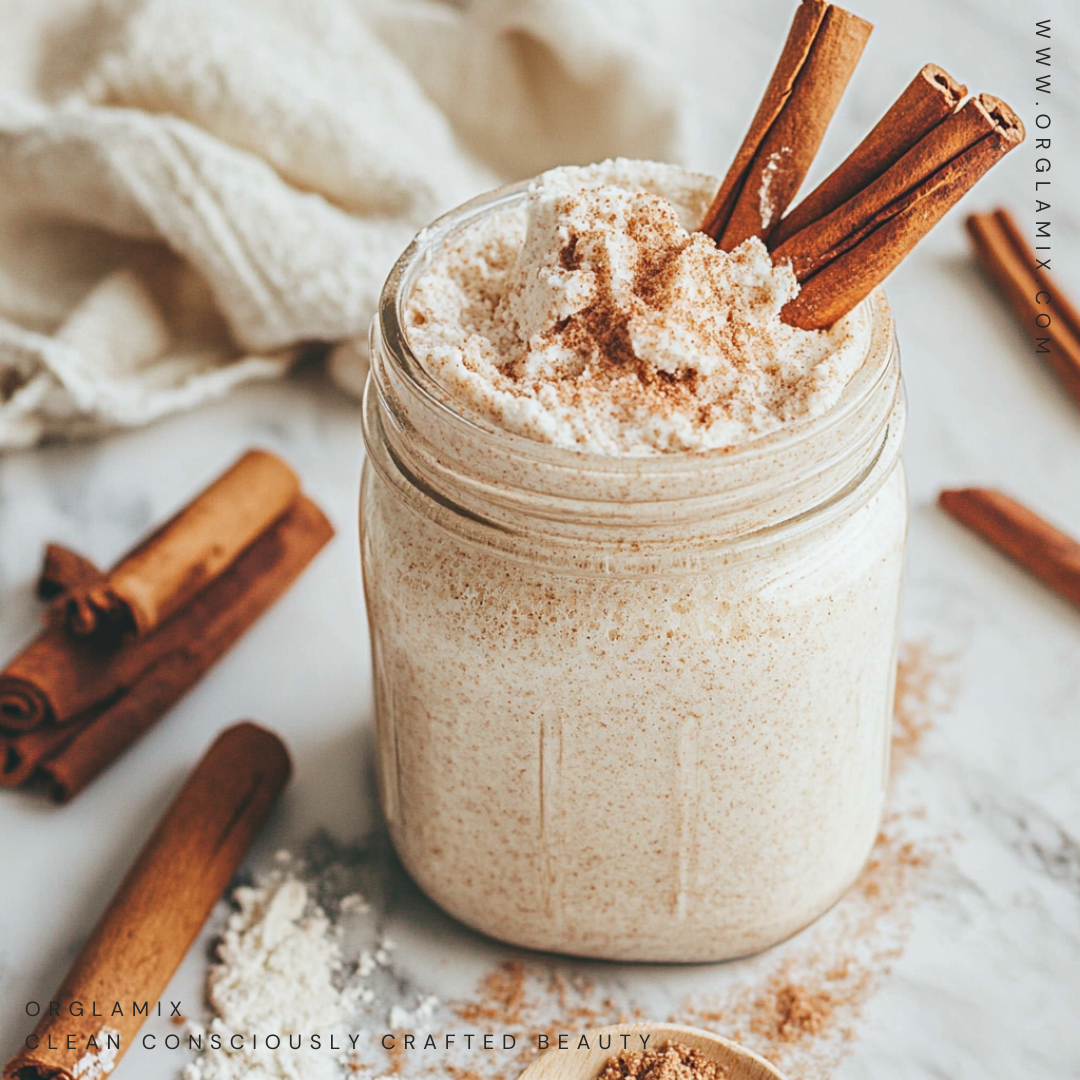Black Friday Sale 20% OFF SITEWIDE • SMALL BATCH CLEAN BEAUTY
Nanoparticles in Cosmetics: What You Need to Know
August 01, 2016 0 Comments

Nanoparticles in Cosmetics: What You Need to Know
Orglamix products do not contain nano or micronized particles.
None of the particles in any Orglamix products are small enough to be classified as micronized or nanoparticles. Our titanium and zinc oxide are uncoated and have a minimum particle size of 10 microns.
FYI: 10 microns qualifies as “coarse”. Nano is less than 0.1 microns.
What are nanoparticles?
Nanoparticles are found all around us, at least in the modern world, because some are a by-product of combustion. Therefore, nanoparticles are found in automobile and airplane exhaust. If you live in an urban environment, you’re breathing nanoparticles daily.
Getting to the truth about the use of nanoparticles in cosmetics, like many issues in the cosmetics industry—with its confusing screen of distorted information—isn’t easy. But the answers are important, particularly because the ingredients titanium dioxide and zinc oxide, so essential to the health of skin, are involved.
Nanoparticles are very tiny particles with a diameter between the size of an atom and a molecule, or 1/5,000th the thickness of a sheet of paper. Nanoparticles are particles between 1 and 100 nanometers in size.
The cosmetics and sunscreen industries are starting to use nanoparticle ingredients on a wide scale, and some observers are concerned that there’s a lack of evidence about their safety.
The long-term health risks of nanoparticles remain poorly understood. The likely exposure in ‘real life’ conditions is also unknown. Nanoparticles are so new, it’s hard to say what all this means.
Animal studies have shown they can have devastating effects, but little research has been done to see how nanoparticle ingredients affect human health. While the safety of nanoparticles in sunscreens may need to be balanced against the importance of reduced skin-cancer risk, many experts agree that for now these tiny ingredients have no place in eye shadow, moisturizers, foundation, or powdered makeup.
Nanoparticles in personal care products
EWG's Skin Deep Cosmetic Database surveyed over 25,000 personal care products and reveals widespread use of nano-scale materials. Many big brands such as Bare Minerals, Clinique, Clarins, L’Oréal, Revlon, The Body Shop, Max Factor, Lancôme Paris, By Terry, Yves Saint Laurent and Christian Dior use nanoparticles.
Only one of the brands surveyed by the (Christian Dior) indicated the use of nano-ingredients on the product label. Failing to label nano-ingredients denies consumers the capacity to make an informed choice.
Do your best to cut nanoparticles out of your daily routine:
• Check the label, but don’t rely on it. If you look at the label of a product and see the terms nano-, micronized, microscale, or fullerenes, put the product back on the shelf. But know that companies aren’t required to label the use of nanoparticles, there’s no guarantee the makeup or sunscreen you’re buying doesn’t contain the controversial ingredients.
• Call the manufacturer. If you’re concerned, call the manufacturer of your favorite sunscreen and cosmetics products and ask if they use nanoparticle ingredients.
• Choose safer sunscreens. Don't worry about the white appearance of safer sunscreens, and use them instead of the formulas that leave no trace. Some think that the protection of sunscreens outweighs the potential nanoparticle nastiness.
To see a complete list of sunscreens and how EWG ranks them in effectiveness and safety, visit Skin Deep. And again, you can call the maker of your preferred brand and find out if nanoparticles are part of their formula.
Ready to Choose Clean, Nanoparticle-Free Beauty?
Understanding nanoparticles helps you make safer beauty choices. If you prefer formulas that harness pure minerals without nano-sized particles, Orglamix has you covered. Explore our full line of clean-beauty essentials—mineral foundations, eyeshadows, and skincare designed for peace of mind and radiant performance. Shop now and embrace makeup that loves your skin as much as you do!
Also in Clean Beauty Makeup + Skincare | Cruelty Free Cosmetics
CUSTOMER LOVE
NATURAL GOODNESS
News & Updates
Sign up to get the latest on sales, new releases and more…
© 2026 Orglamix Clean Consciously Crafted Cosmetics + Organic Skincare. © 1990-2025 Orglamix Ecommerce Software by Shopify


